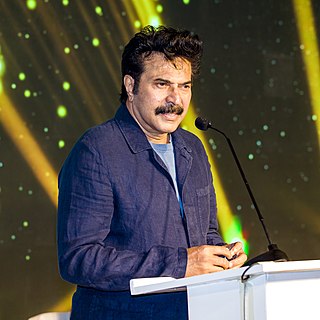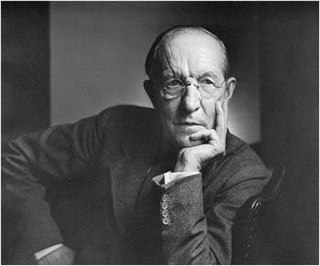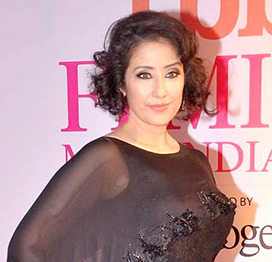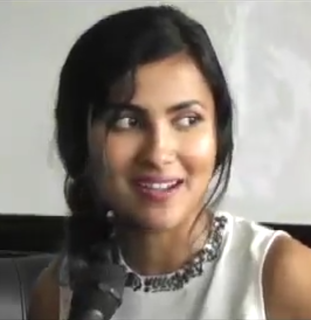A Quote by Gulzar
Democracy is essential for equality. Thank God, Indian democracy is still working. That is because every Indian is essentially a thinker. Thinking is not limited to the elite.
Related Quotes
Democracy, in the United States rhetoric refers to a system of governance in which elite elements based in the business community control the state by virtue of their dominance of the private society, while the population observes quietly. So understood, democracy is a system of elite decision and public ratification, as in the United States itself. Correspondingly, popular involvement in the formation of public policy is considered a serious threat. It is not a step towards democracy; rather it constitutes a 'crisis of democracy' that must be overcome.
I gather you yellow-skinned men, despite your triumphs in sewage, drinking water, and Olympic gold medals, still don't have democracy. Some politician on the radio was saying that that's why we Indian are going to beat you: we may not have sewage, drinking water, and Olympic gold medals, but we do have democracy. If I were making a country, I'd get the sewage pipes first, then the democracy, then I'd go about giving pamphlets and statues of Gandhi to other people, but what do I know? I am just a murderer!
I had an Indian face, but I never saw it as Indian, in part because in America the Indian was dead. The Indian had been killed in cowboy movies, or was playing bingo in Oklahoma. Also, in my middle-class Mexican family indio was a bad word, one my parents shy away from to this day. That's one of the reasons, of course, why I always insist, in my bratty way, on saying, Soy indio! - "I am an Indian!"
When we talk about Cuban democracy we are referring to participatory democracy which is big difference with representative bourgeois democracy. Our is a democracy in which everything is consulted with the people; it is a democracy in which every aspect and important decision that has an impact in the life and society of the people, is done in consultation.







































